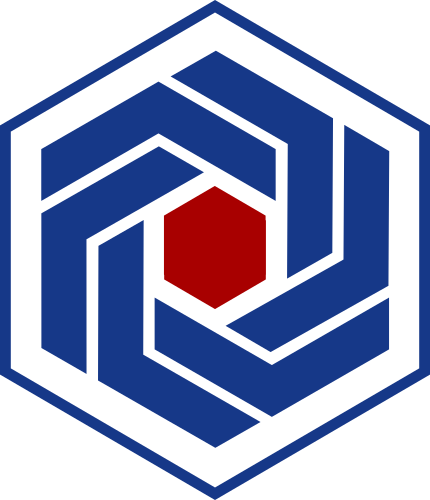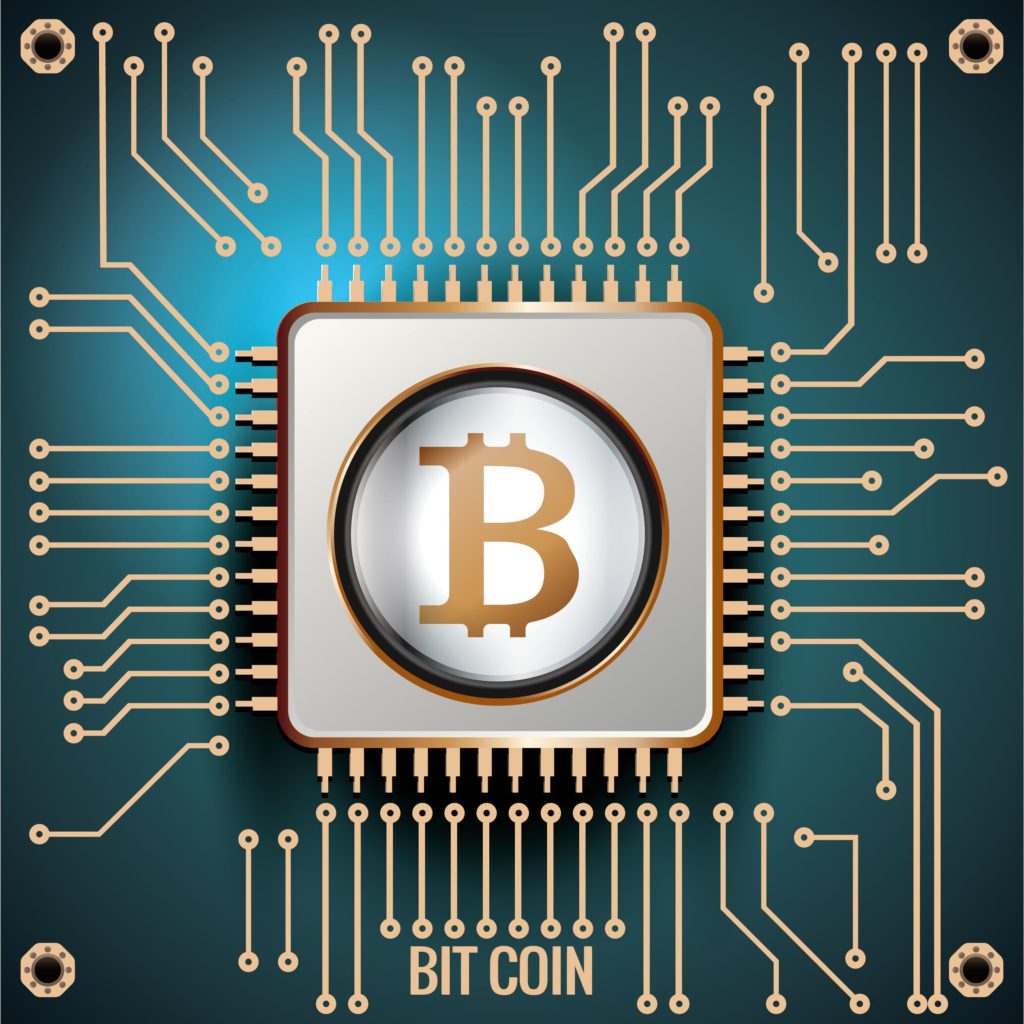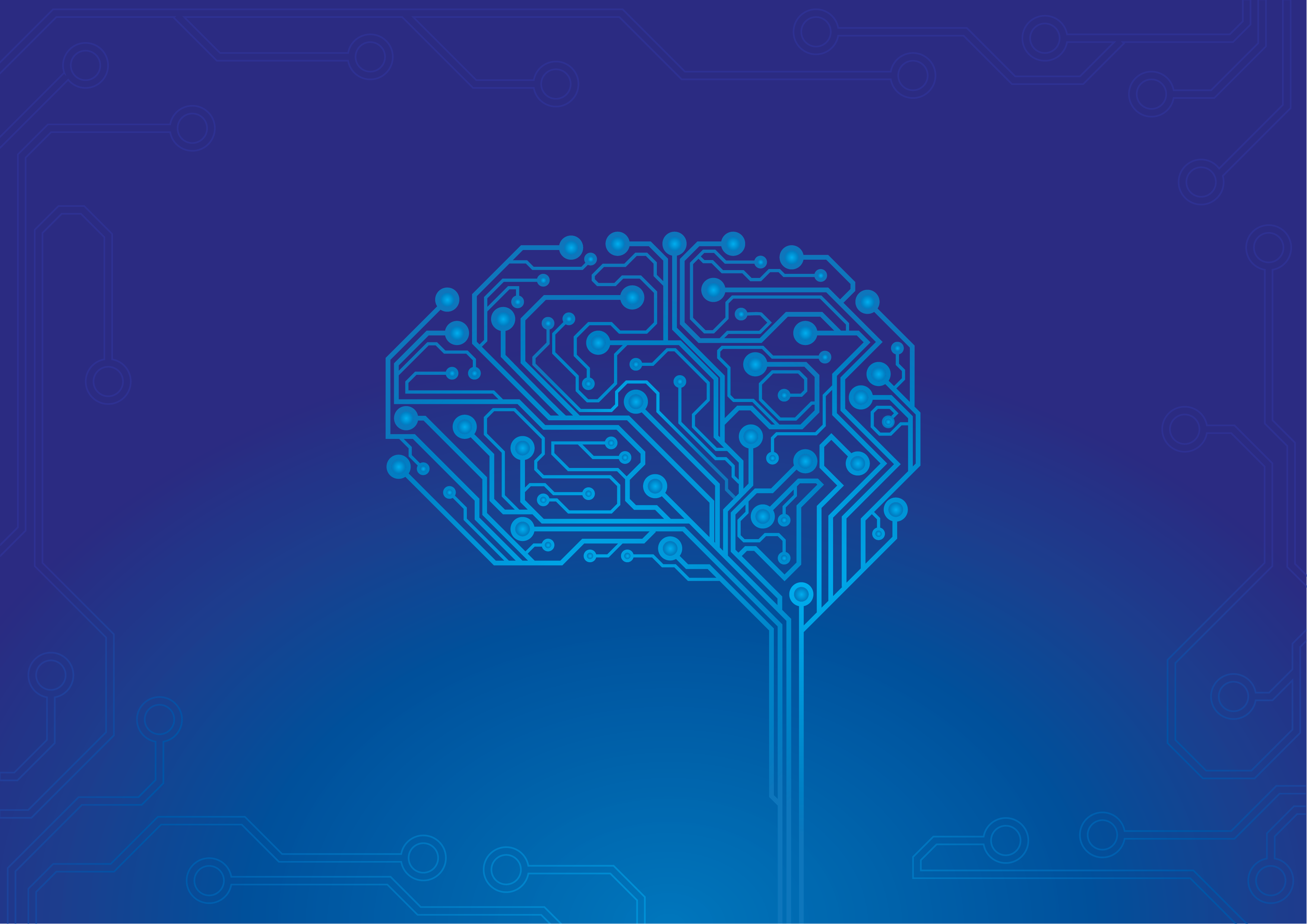With the rise of the digital currency Bitcoin, the blockchain technology on which it is based has also moved into focus. Many experts agree that the blockchain offers great potential in logistics along the entire supply chain. For example, in the chemical industry and logistics, technology could be used to improve the tracking of transactions for machines, materials, and products. The blockchain offers a promising outlook for a secure and transparent flow of materials and data.
Before we look at this topic in more detail in later articles with practical examples, we would like to briefly describe the technology and the idea behind it.
What is the Blockchain?
It is basically a decentralized protocol for transactions between parties that transparently records every change.
The above definition reflects the characteristics of a blockchain. A blockchain is decentralized. This means that the protocol is distributed on any server and has no owner. The blockchain is a decentralized and independent system where the majority knows the truth and decides whether it is true or false.
Transactions can be any information and are not limited to payment transactions. Any information in the decentralized protocol can be traced at any time.
Any party can be a participant in a transaction on the decentralized protocol.
The transparency of the protocol results from the fact that the decentralized database is controlled by a network of so-called miners. They are responsible for ensuring that the stored information is verified from block to block and made available to the participants of the blockchain.
What are the public and private keys?
To access the blockchain, a digital wallet is required. On this digital “wallet” the virtual money can be stored. A wallet consists of a key pair, the public key, and the private key. The public key is visible to everyone and the private key is secret. The key pair is based on asymmetric encryption and therefore it is not possible to derive the private key with the public key.
What is the difference between Blockchain and Smart Contracts?
Smart Contracts are the core of application scenarios for blockchain technology in various areas. With Smart Contracts a decentralized execution of contracts is possible. Since contracts usually consist of sequences in the “if-then” form, this process can be simplified with Smart Contracts through automation. The processes are therefore event controlled. Smart Contracts ensure consistency in the network.
Blockchain technology is rightly listed in the series of future technologies that fall under the term of digitization. The successful utilization of blockchain technology will gain importance in the establishment of competitive supply chains in the chemical industry. In the future, we would like to follow the topic around the decentralized protocol and its use in practice in our blog.





